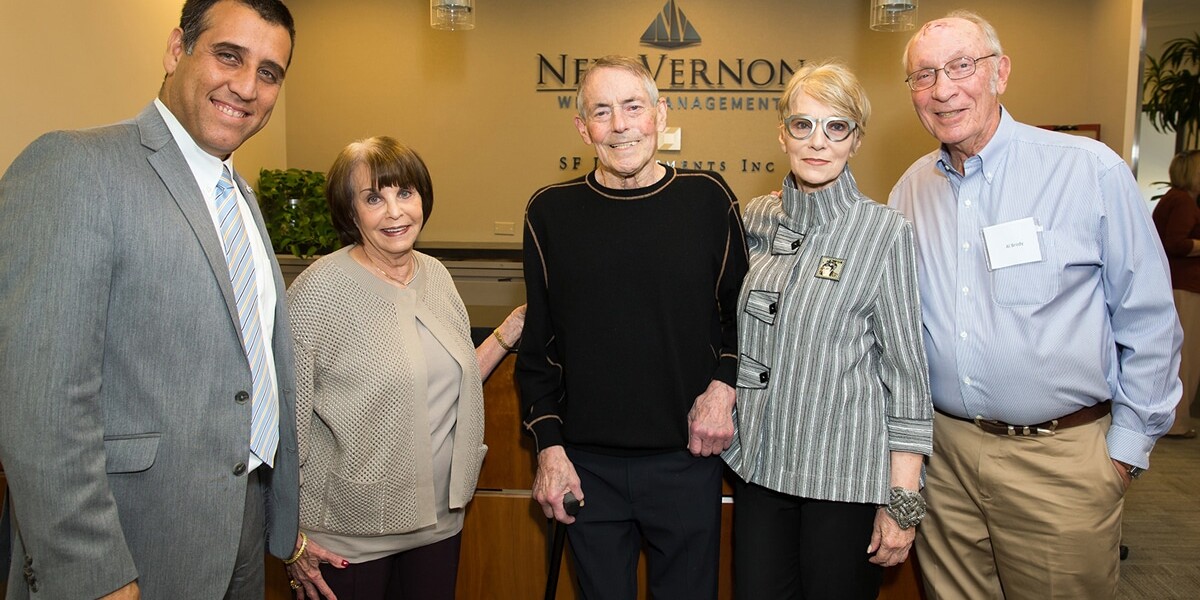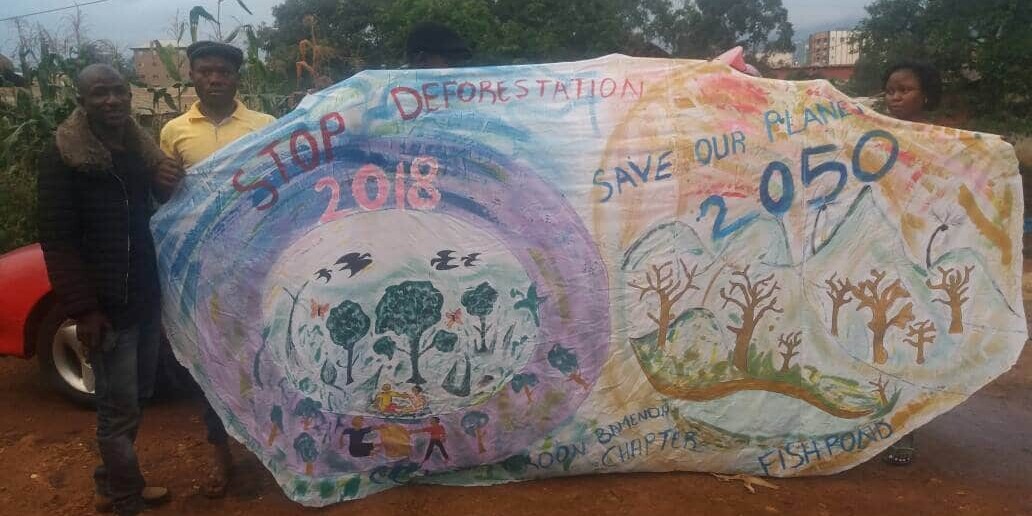The words driving our mission, Building Grassroots Partnerships for Global Change, were put into practice over the past year in the Philippines. And after another year building capacity in the southern Philippines, we can modestly say that we were successful in this endeavor, sustaining our presence in flood and conflict affected areas in Cotabato City and the Maguindanao Province. Through developing partnerships with local communities, the Department of Education, local government officials, and the Filipino military, the Goldin Institute was able to successfully implement the following projects from January to December 2015:
1. Access to Clean Water:
The Goldin Institute installed a total of 18 water pumps; (12) in public schools in Sultan Kudarat, Maguindanao Province, (3) Division Traning School, Datu Odin Sinsuat, Maguindanao, (1) Cotabato City, (2) Markatz Orphanage, Sultan Kudarat.
2. Promotion of a Culture of Peace:
Part of gaining access to safe and clean drinking water is promoting an environment of peace in the community. The Goldin Institute Philippines accomplished this task by conducting a series of twenty lectures and orientations on a wide array of subjects. The 2,000 participants from various sectors and communities in Cotabato City and the Maguinadanao Province learned of environmental protection, gender and cultural sensitivity, alternative conflict resolution, and human rights. These lectures were integral to maintaining civil peace between the citizens and paramilitary forces, the root of previous unrest.
3. Child Soldier Prevention:
The four decades of armed conflict between the government and rebel forces in Maguindanao have increased the incidence of child soldiers amongst government and rebel forces. Children under 18 are forced to join rebel groups such as the Moro Islamic Liberation Front, Moro National Liberation Front, Abu Sayyaf, and government forces. Ordered by teachers or leaders to support a side of the conflict, it is not uncommon for students to disappear from classrooms. The Goldin Institute carefully advocates for child soldier prevention in the following ways:
- Through our School Brigade, we distributed school supplies, hygiene kits, provided food, and free haircuts to 300 elementary students at Mother Kabuntalan, Maguindanao, for the start of the 2015 school year. We partnered with teachers, parents, military personnel and officers, as well as members of the Moro Islamic Liberation Front (MILF). The Goldin Institute is proud of the fact that, for the very first time, Filipino military and rebels worked hand-in-hand, face-to-face, to serve a future generation of leaders. Mother Kabuntalan is a place of both armed conflict and a region prone to natural disasters like floods. It is one of GI’s adopted “Schools of Peace” in the Philippines. We provided schools in this region with water pumps, conducted peace seminars for parents, teachers and students, and facilitated the construction of brand new school buildings equipped with six classrooms, which was funded by the Japanese Embassy.
- Since September of 2015, Dr. Susana Anayatin’s graduate students from Maguindanao State University (MSU) initiated a visit to Markaz Aytam Orphanage in Gang, Sultan Kudarat, Maguindanao. The orphanage consists of 280 male Muslim war orphans ranging from seven to eighteen years old. The Goldin Institute provided them with food and sports equipment and took the opportunity to survey their needs, such as hygiene, sanitation, food, dormitory repairs, and availability of water facilities. GI provided (2) water pump units as well as infrastructure repairs to make sleeping arrangements more comfortable. Dr. Anayatin’s graduate students provided provisions for rubber slippers as most orphans were bare-footed during the initial visit. Through a generous American donor, a set of garments are being sewn for each orphan during prayer.
This project would have been a lot more difficult without the power of social media. After sharing our stories of struggle and progress online, we were assisted with basic needs for the children, both by government and private sector donors. These needs included bedding, dormitory repairs, medical and dental assistance, food, and some television sets for the children’s enjoyment.
Reflecting on our accomplishments for 2015, we can humbly say that we were effectively and carefully able to impact the peace process in Mindanao. Through our local grassroots movements, we hope to continue this progress and contribute to offsetting the impact of climate change.





